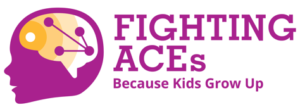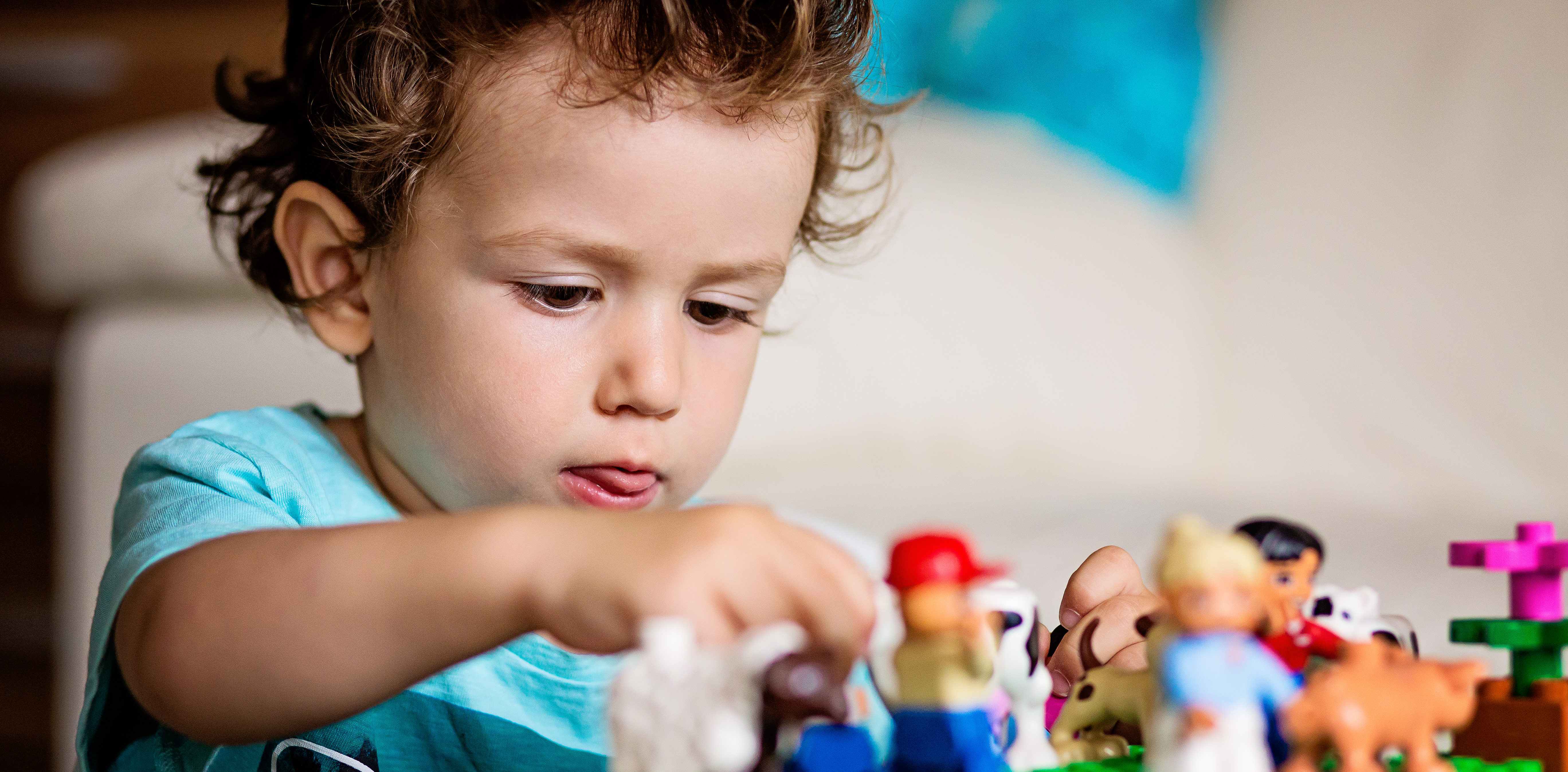At his first appointment at the Center for Child Counseling for childhood trauma, 8-year-old Thomas* asked his trauma therapist if she “liked to hurt kids, too.”
Thomas had been bullied and physically abused by a much-older stepbrother. Often, young children cannot explain or even understand what’s bothering them and they may struggle to verbally express themselves. Their language is play. Stressful or traumatic events – referred to as Adverse Childhood Experiences, or ACEs – can become evident through the way a child chooses to play.
What are Adverse Childhood Experiences?
ACEs are situations where a child faces some sort of trauma or stress. They typically fall into three categories:
- Abuse – physical, emotional, sexual
- Neglect – physical or emotional
- Household dysfunction – parents facing incarceration, separation, divorce, mental illness, domestic abuse, substance abuse.
Nationally, the most common ACEs children face arise from:
- Economic hardship
- Issues associated with divorce
- Witnessing or being a victim of violence (including domestic violence)
- Living with someone who suffers from mental illness
- Living with someone with drug or alcohol addiction
- Issues associated with the incarceration of a parent or caregiver
The result of these situations? Insecurity from the constant threat of the unknown and anxiety associated with feelings that a caregiver may not be reliable.
The prevalence of these situations for our children is alarming: It’s estimated that nearly half of U.S. children (45%) have experienced at least one ACE, while one in 10 (10%) have experienced at least three of these traumatic events.
The potential damage to a child may seem obvious, but in reality, ACEs are incredibly complex and may not manifest the same way in every child. This makes diagnosing and fighting ACEs a challenge; two children who suffer the same sort of emotional abuse may act out quite differently.
How do we help a child with ACEs?
Because every child is unique, only an individualized treatment strategy can give them the best chance of working through their ACEs. The strategy begins with a questionnaire that helps therapists score and assess their mental and physical health.
Questions include:
- Did a parent or other adult in your house often push, grab, slap or throw something at you? Did a parent or other adult in your house ever hit you so hard that you had marks or were hurt?
- Was someone in your house depressed or mentally ill? Or did someone attempt suicide?
- Did you often feel that you didn’t have enough to eat, had to wear dirty clothes, or had no one to protect you?
With these answers, qualified counselors like those at the Center for Child Counseling can start children on a healing journey that will improve their mental and physical health throughout their lives.
After six months of trauma therapy, Thomas is now able to express his feelings about the violence and abuse he experienced in his home through play therapy.
He is learning that most adults can be trusted and don’t hurt children.
You can learn more about the lifelong physical health issues associated with ACEs in our next blog. For now, equip yourself with knowledge by taking the quick ACEs questionnaire to learn what impact ACEs may have had on your life.
The Center for Child Counseling provides healing care to more than 2,400 children each year.
Interested in learning how you can help fight childhood adversity in your community? Sign up below to receive ACEs updates.

Sign up now for news, events, and education about Adverse Childhood Experiences (ACEs) and promoting resilience.
By submitting this form, you are consenting to receive emails from: Center for Child Counseling, 8895 N. Military Trail, Palm Beach Gardens, FL, 33410. You can revoke your consent to receive emails at any time by using the SafeUnsubscribe® link, found at the bottom of every email.

